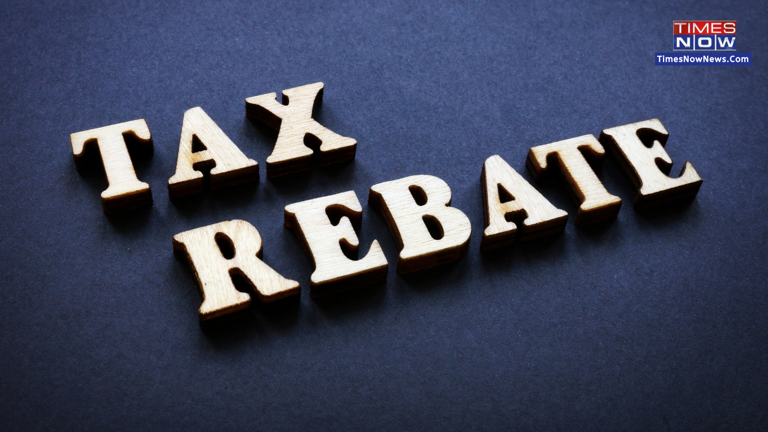In a noteworthy development regarding tax matters in India, the Ministry of Finance has introduced a significant amendment to the personal income tax framework, as outlined in the Finance Act of 2023. This announcement, conveyed through a social media post, fulfills a significant commitment outlined in the fiscal year’s budget. The modification to Section 87A of the Income-tax Act, 1961, now grants a tax rebate to individuals earning up to Rs 7 lakh, effectively elevating the previous threshold of Rs 5 lakh, as reported by ANI.
A tax rebate refers to a refund or reduction in the amount of tax owed by an individual or entity to the government. Such rebates can serve to stimulate economic activity, incentivize investments in specific sectors, or offer relief to specific groups of taxpayers. Unlike tax deductions, which reduce taxable income, a rebate directly diminishes the tax liability, often resulting in a refund to the taxpayer.
Implemented by the Central Board of Direct Taxes (CBDT), this policy adjustment is part of a broader initiative to alleviate the tax burden on middle-income earners. Under the new tax regime, individuals earning up to Rs. 7 lakh are now exempt from paying income tax, marking a substantial change. This shift is expected to benefit a broader spectrum of taxpayers, potentially leading to increased disposable income and, consequently, fostering economic growth.
ANI reported that the expanded rebate limit under the new tax regime is a strategic move aimed at providing tax relief to a larger segment of the population.



